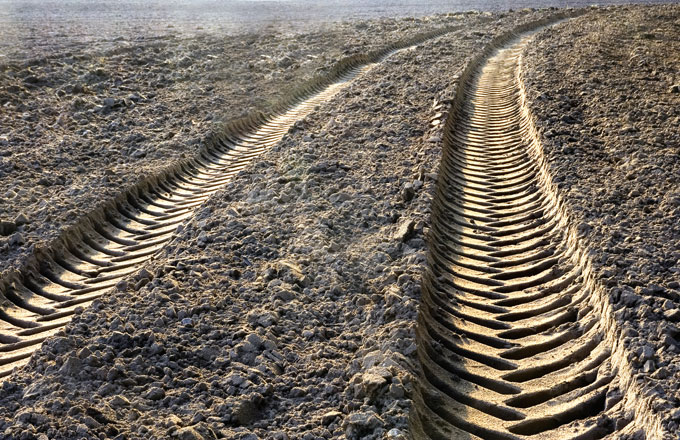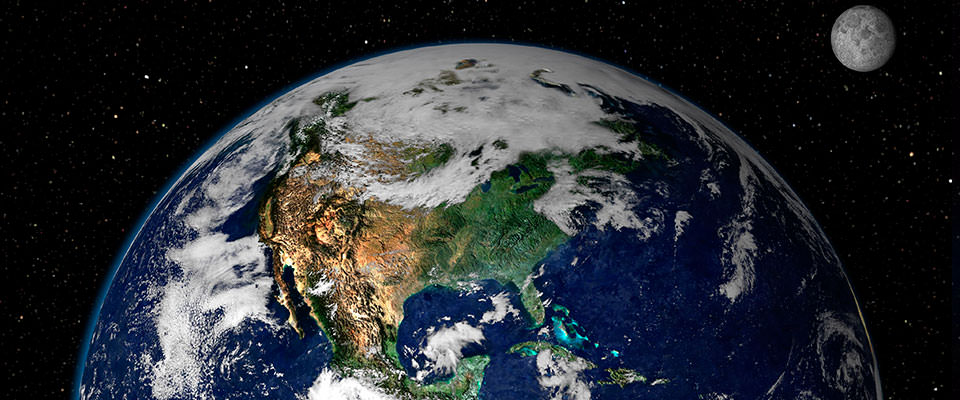The Supreme Court heard the Climate Case Ireland appeal. Here’s how it all unfolded.

29 July 2020
UPDATE: Shortly after this piece went to press, the Supreme Court announced that it will be issuing its ruling on the case this Friday 31 July at 10 am. We’ll be following the ruling and will be bringing you all the developments as they come.
Earlier this summer, the Supreme Court heard an appeal from Friends of the Irish Environment (FIE) on the landmark climate case that challenges the State’s mitigation plan.
Helena Murphy, a solicitor based in Dublin, recaps the case itself and its most recent hearings and helps us understand its impact.
On 22 and 23 June the Supreme Court heard the appeal of Friends of the Irish Environment v Ireland in which the applicants challenged Ireland’s alleged failure to act on climate change. Friends of the Irish Environment (FIE) are appealing last year’s High Court decision to uphold the 2017 National Mitigation Plan (“the Plan”).
The basis of FIE’s case is that the Plan does not comply with the Climate Action and Low Carbon Act Development 2015 (“the Climate Act”) and that it does not provide for a reduction in greenhouse gas emissions.
Ireland, therefore, is in breach of its legal obligations.
By increasing its greenhouse gas emissions, Ireland is contributing to harmful climate change, with all its consequential impacts on human rights. For these reasons, FIE asked the High Court to quash the Plan and remit it to the government for redrafting.
However, the judge refused, stating that it would be inappropriate for a court of law to judicially review what he viewed as a government policy document.
While last year’s hearing saw dozens of members of the public pack into the High Court during the four days of the proceedings, the Supreme Court hearing of the appeal was a more muted affair due to Covid-19.
Proceedings were held in the King’s Inns’ grand hall in order to facilitate social distancing with access limited to the legal teams, media representatives and a handful of public attendees. The court sat with the maximum number of seven judges, a sitting which is reserved for cases of particular importance or complexity.
The Proceedings
During the first day of proceedings Eoin McCullough, Senior Counsel for FIE, highlighted the urgency of climate action, stating that globally this is ‘the single most important issue we face’.
Mr McCullough demonstrated to the court, by way of reference to previous Intergovernmental Panel of Climate Change (IPCC) and Environmental Protection Agency (EPA) reports, the linear relationship between greenhouse gas emission increases and rising global temperatures.
Mr McCullough then mapped out the projected impacts of warming, including rising sea levels, extreme weather events and the resulting loss of life, property and livelihoods.
He also explained the concept of the global carbon budget and the alarming risk of irreversible ‘tipping points’ should emission reduction efforts be deferred.
Mr McCullough referred to the 2015 Paris Agreement in this discussion, which commits signatory states to pursue efforts to limit global warming to 1.5°c above pre-industrial levels.
Under the Climate Act, the government has committed to pursue, and achieve, the transition to a “low carbon, climate resilient and environmentally sustainable economy by the end of the year 2050.”
The Act requires the government to produce national mitigation plans every five years, which must specify the manner in which the 2050 transition objective will be achieved.
However, Ireland’s emissions have increased by about 10% over the period 1990 to 2020, and the Plan actually allows for a rise in emissions over its life (2017 to 2022).
As a result, Ireland is ‘completely off course’ in meeting its 2020 and 2030 EU emissions reduction targets.
FIE argued that the current mitigation plan does not specify how the government proposes to achieve the 2050 transition objective, and that the government did not have regard to various required matters in making the Plan (such as climate justice or the Paris Agreement), thereby breaching the Act.
The State’s response was that the Act does not mandate any interim emissions reduction targets and that the Plan is only an initial step in reaching the 2050 transition objective.
As a result of the failure to reduce greenhouse gas emissions, FIE argued that the government is not only breaching its national and international commitments, but that its inaction infringes human rights.
Ireland’s rising emissions increase the risk of catastrophic climate impacts, which violates the rights to life, to bodily integrity and to respect for private and family life and home under the Irish Constitution and the European Convention on Human Rights.
FIE also invoked the “unenumerated or derived” constitutional right to an environment “consistent with human dignity”, a right which was acknowledged by Judge MacGrath in the High Court, but contested by the State.
Counsel for the State also disputed the existence of a causal link between Ireland’s emission increases and human rights violations, stating that Ireland’s emissions are only a ‘tiny fraction’ of total global emissions.
However, Judge O’Malley noted that FIE does not attempt to link this increase with specific catastrophic events, but merely argues that Ireland’s emissions increase the risk of dangerous climate change.
Finally, the State disputes FIE’s standing to vindicate rights on behalf of the public due to its status as a limited company, a point which FIE disputes, citing the Digital Rights case.
Its Impact
The High Court hearing of the case in January 2019 was the first occasion on which an Irish court was asked to rule directly on climate change and human rights.
It follows a broader trend of climate change litigation across the globe following the seminal Urgenda case where the Dutch government was found to have infringed rights protected under the European Convention on Human Rights by failing on climate action.
It’s also worth noting that the Irish climate case is one of only a handful of such cases to come before a country’s highest court.
This case has undoubtedly raised important and timely issues and it is expected that the Supreme Court’s ruling will clarify a number of weighty legal questions.
These include the existence of an “unenumerated” or “derived” constitutional right to “an environment consistent with human dignity” and the scope of this right, as well as the possible extent of the State’s responsibilites to vindicate this right in order to protect citizens.
The case also examines the degree to which Irish courts can or should scrutnise actions of the government where human rights are allegedly infringed.
Nor should the broader political impact of the case be understated: FIE has highlighted Ireland’s poor record on climate action and its ‘disturbing’ emission increases at a time when the need to act on climate change has never been more apparent.
Our immense gratitude to Helena Murphy, and we’ll be following all developments in relation to the climate case and will bring them to you as they come.







